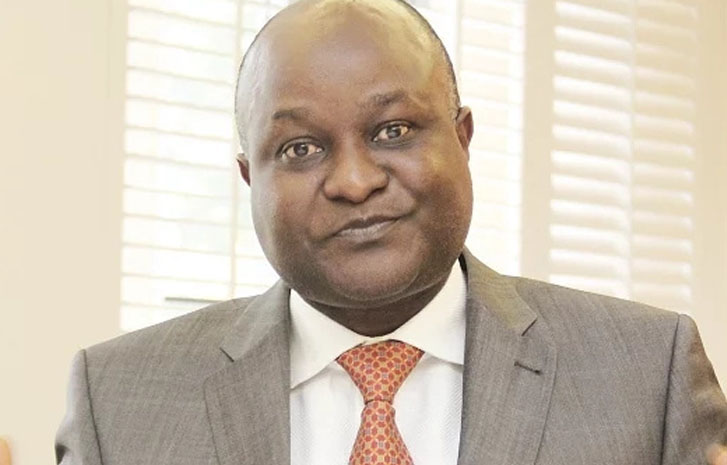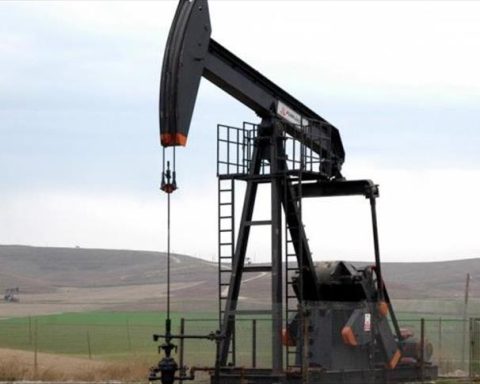Tunde Lemo, a former deputy governor of Central Bank of Nigeria (CBN) and chairman of Flutterwave, a payment technology company, has disclosed that every Nigerian should be blamed for forex scarcity because they prefer imported items to locally made products.
Lemo who made this known at Wema Ex-colleagues Reunion event in Lagos on Saturday, February 26 said what determines the exchange rate of dollar is what a country like Nigeria is able to offer the rest of the world.
Join our WhatsApp ChannelAccording to him, if the demand of Nigeria’s product is very low compare to what we intend to import definitely your currency continue to take a crunch no matter what the CBN does.
Meanwhile, there is need, according to International Monetary Fund (IMF) and I agree with them, that they need to have more market friendly system of foreign management and if the CBN can do a little bit of that, we would see liquidity coming into the forex arena.
He added that the central bank should not be blamed for the liquidation of naira rather every nigerian should be blamed for that because they value the locally made products.
Lemo said: “Nigerians should talk to themselves. There must be productivity. Nigeria is not productive because structural factors . The CBN should not be blamed but then they need to their job better.”












